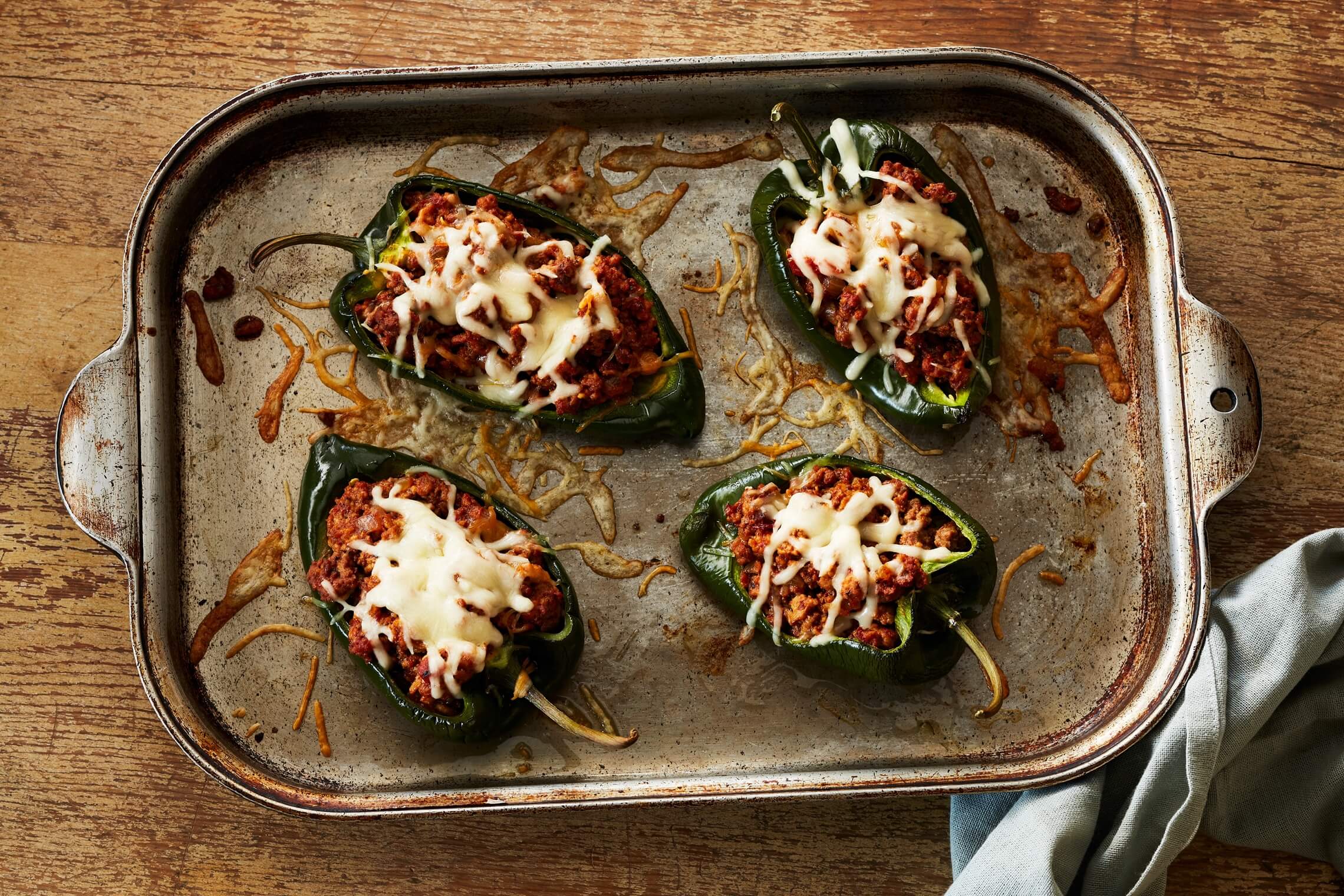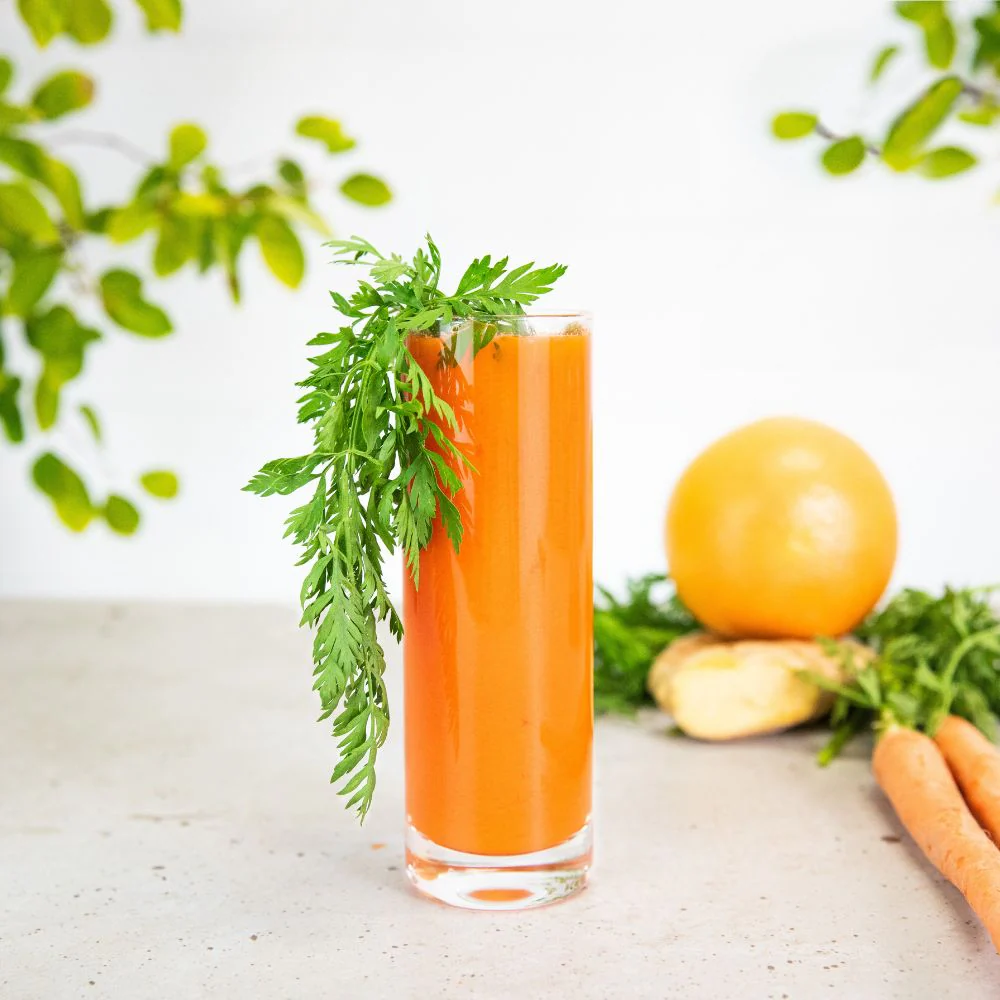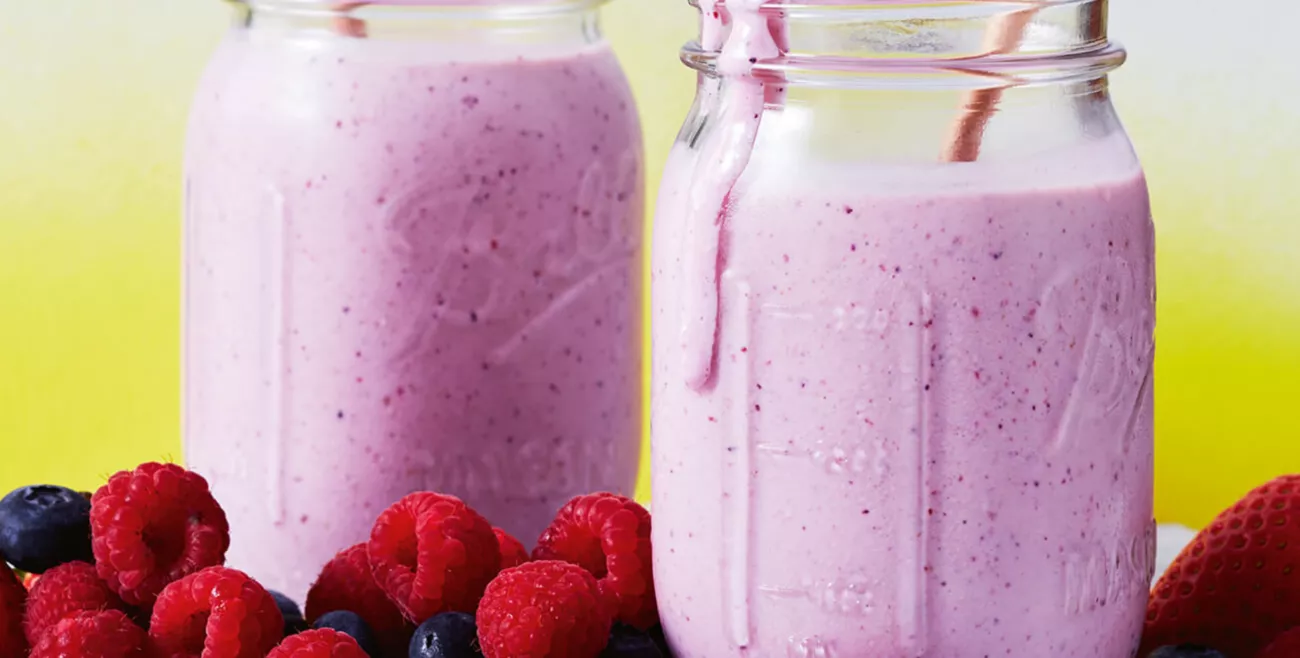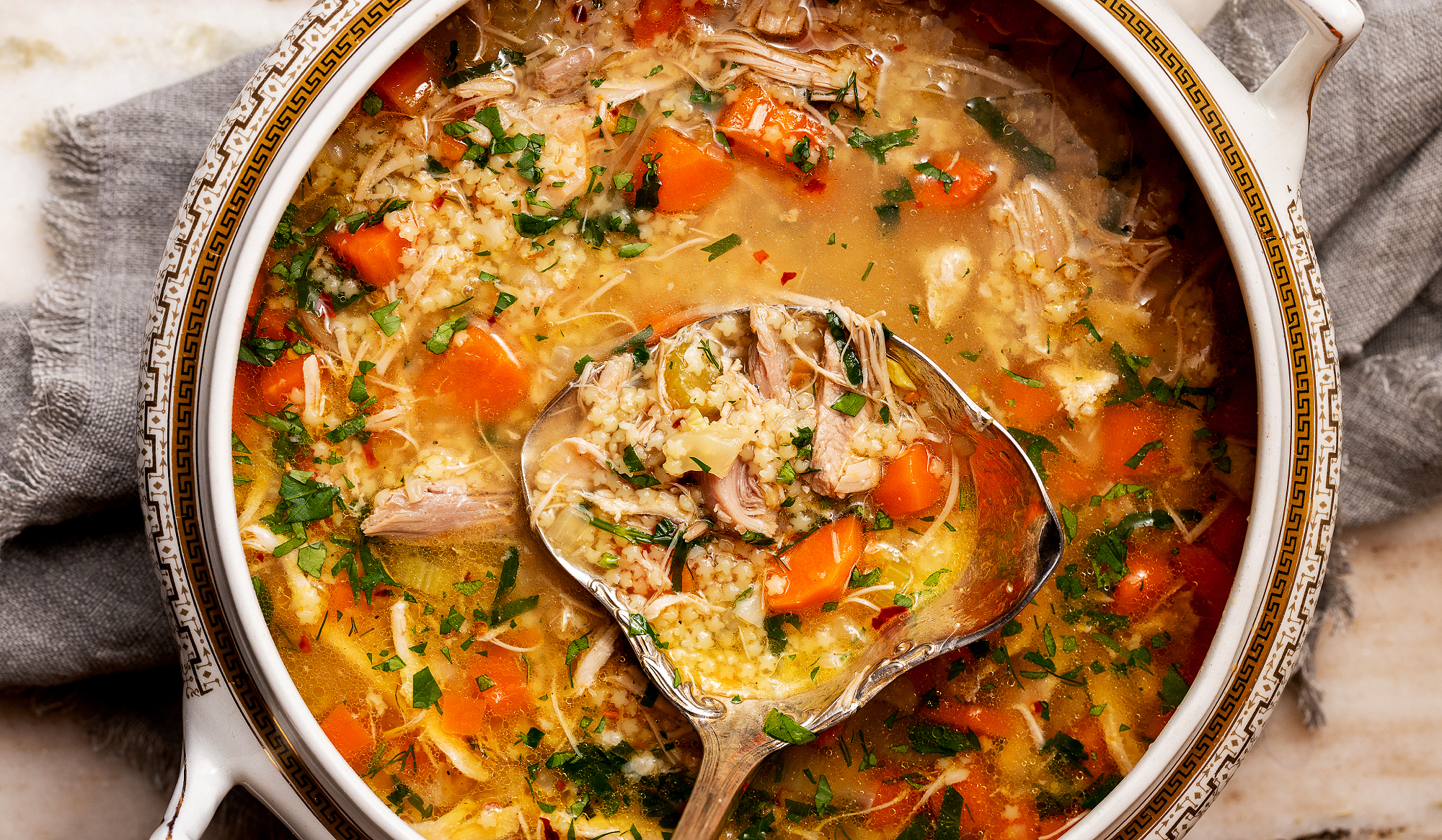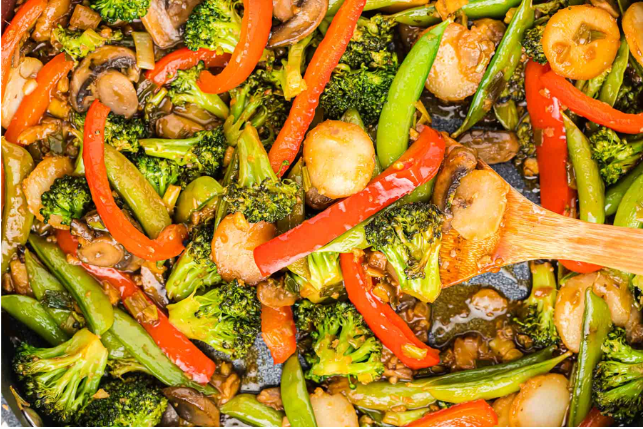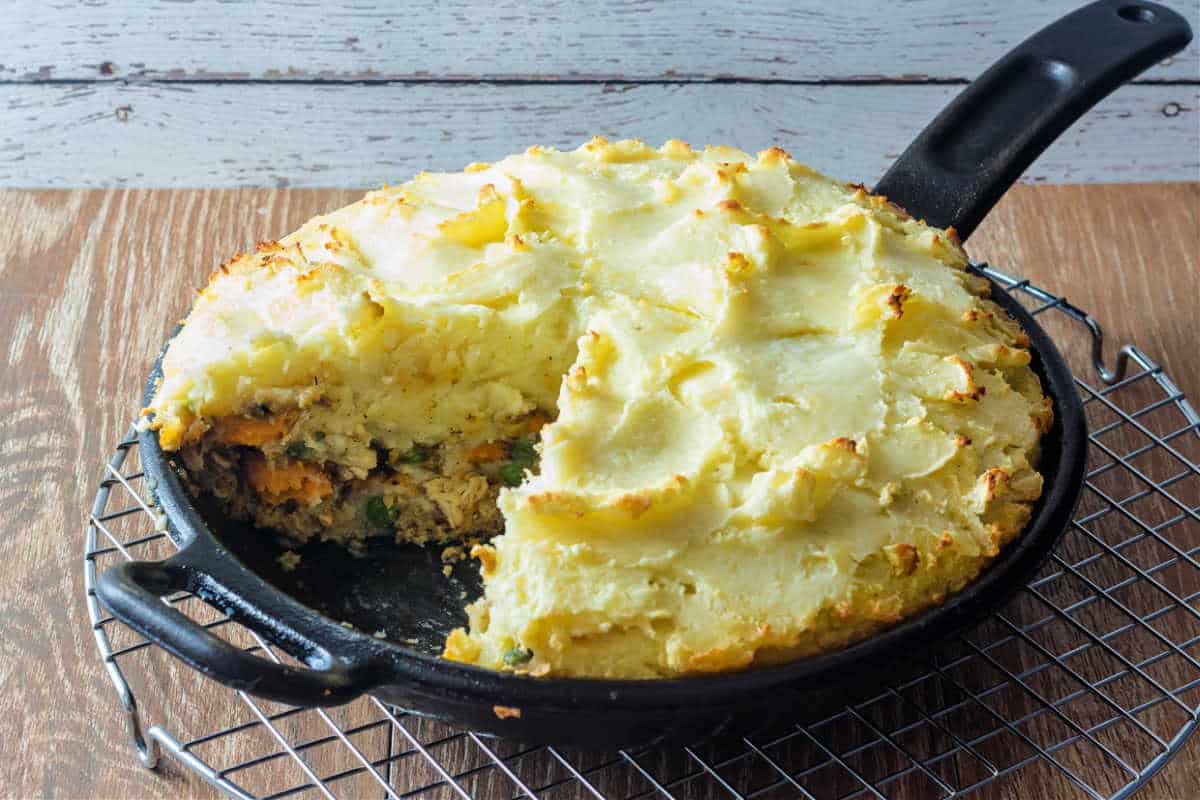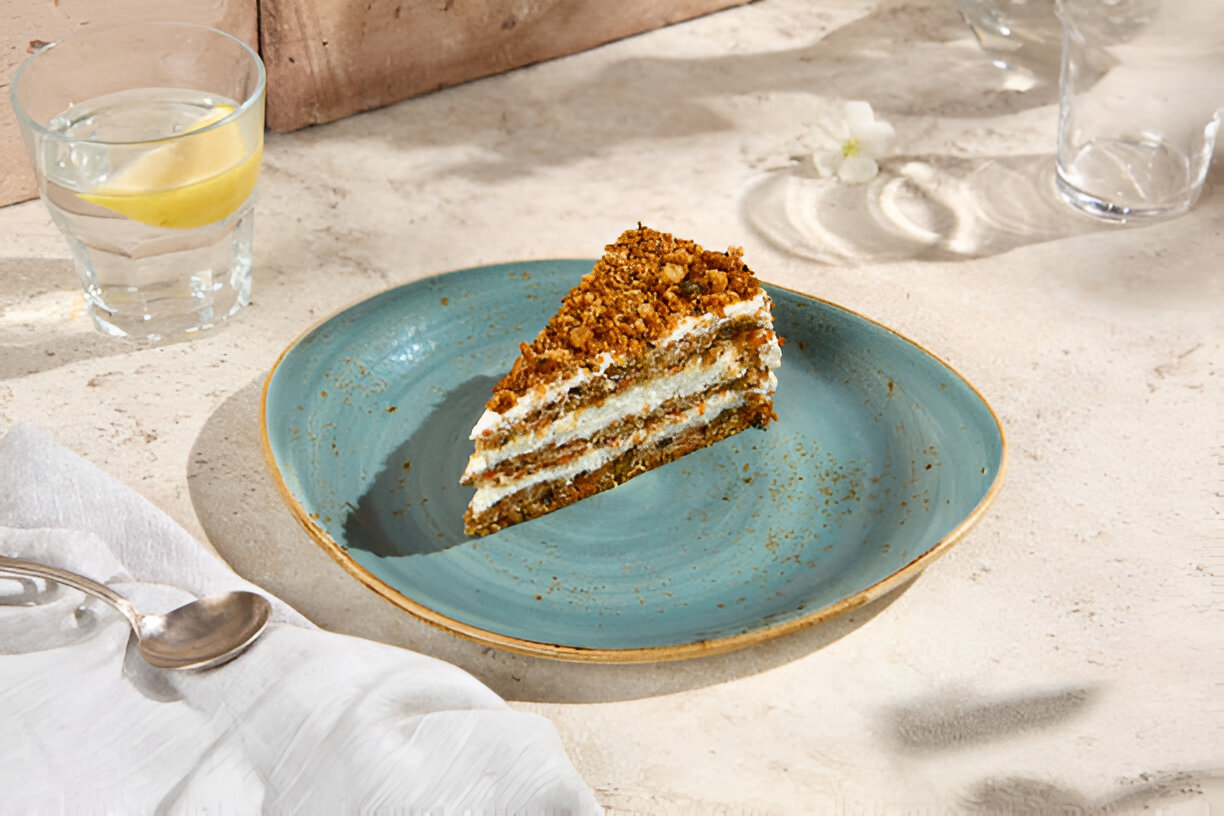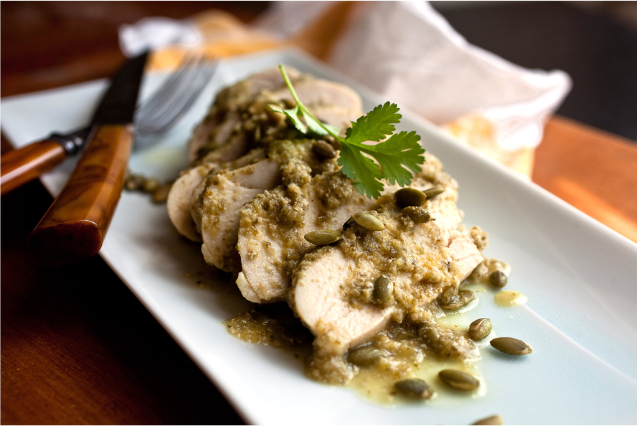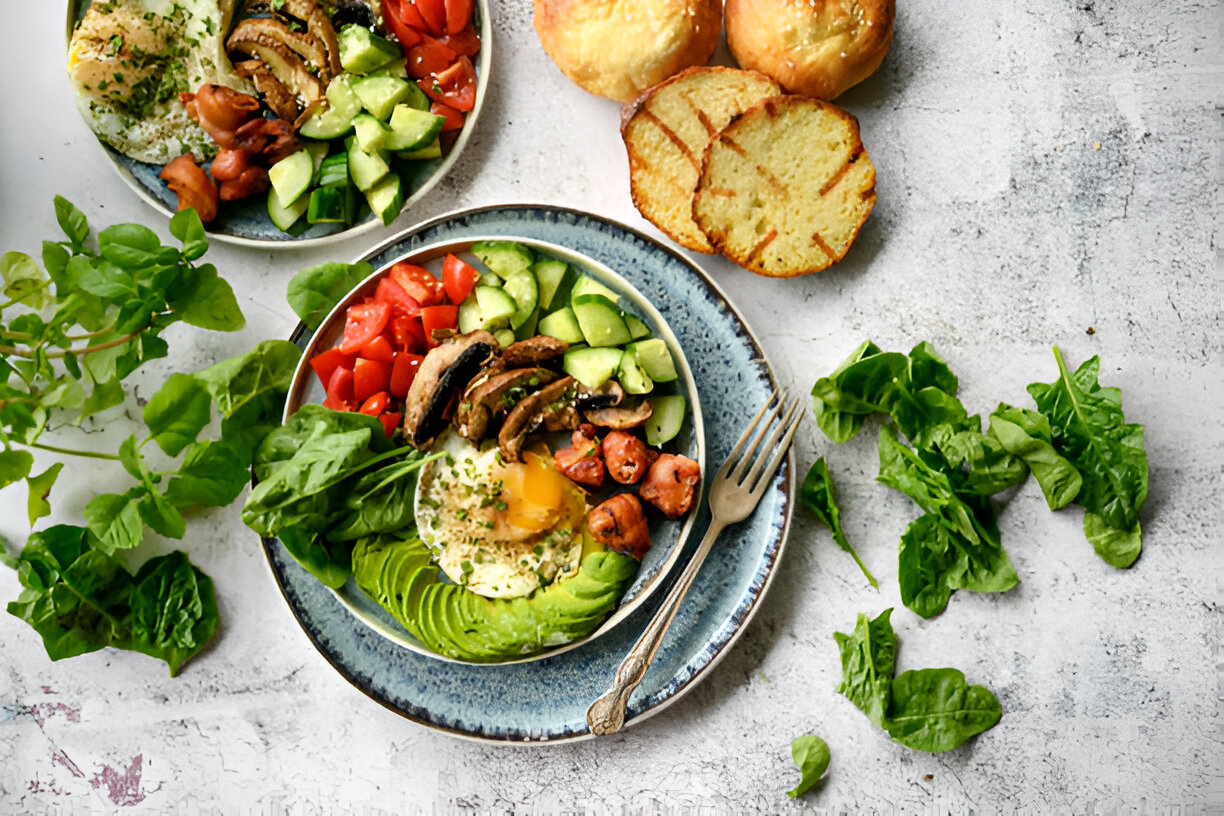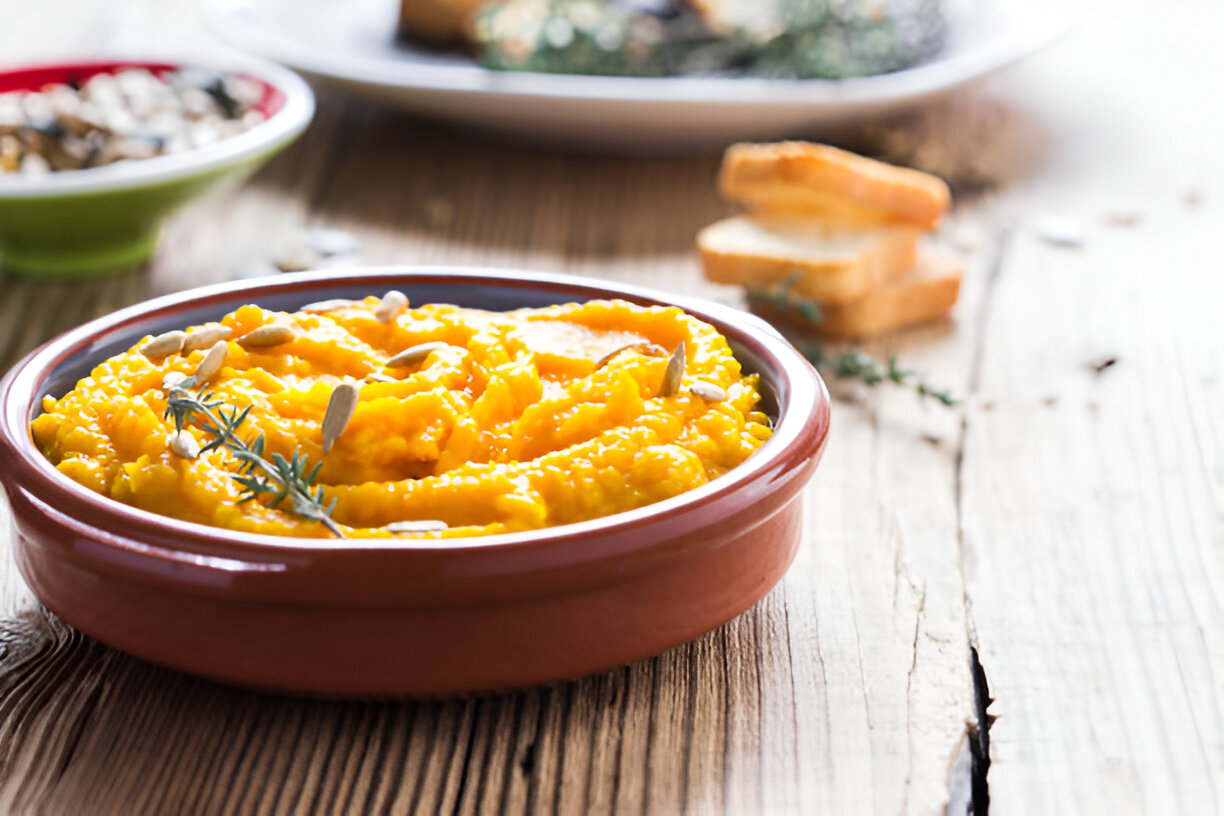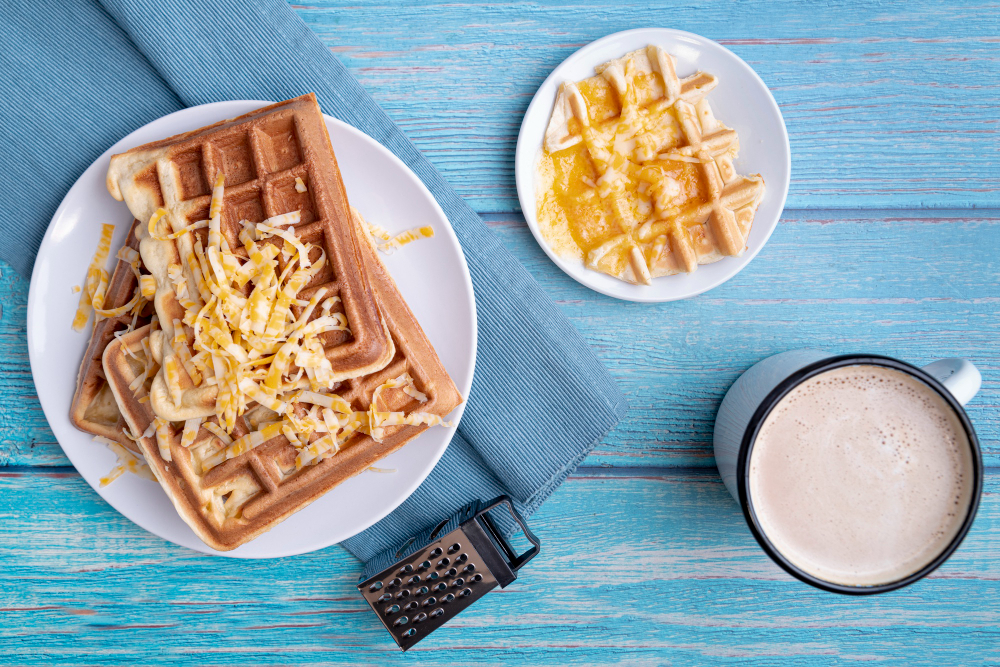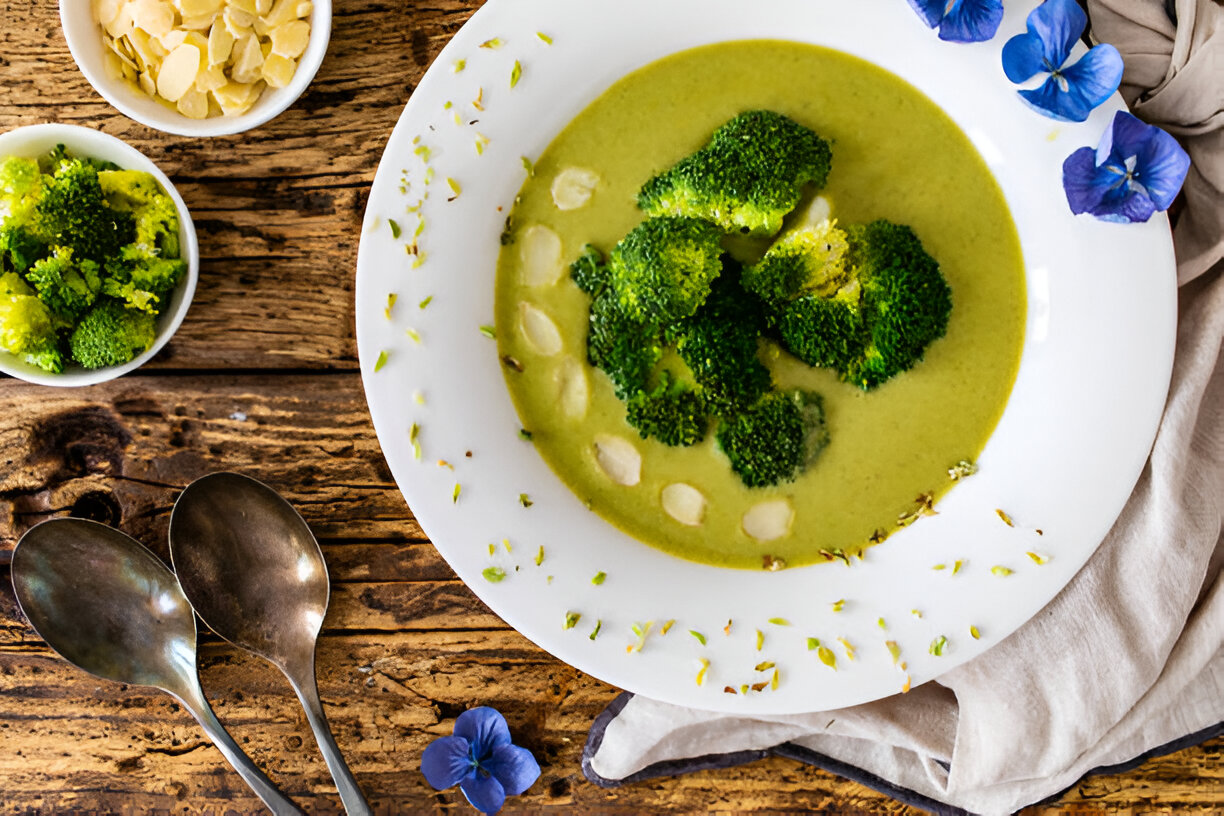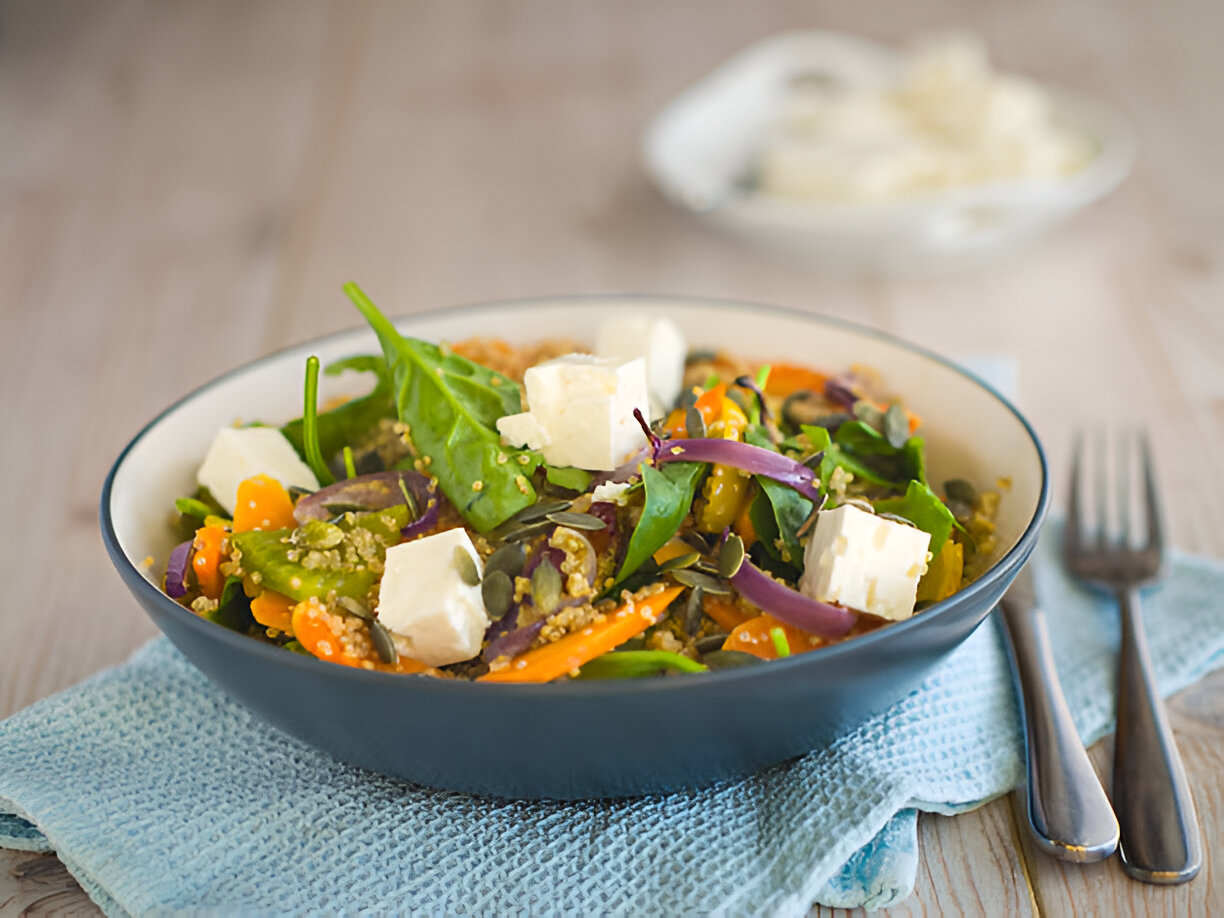

From:
Late for a friend's party, you dash into a supermarket to pick up a bottle of wine. You had a bad day at work with no time for lunch -- and now you're stuck behind a screaming baby in the slowest imaginable checkout line. Your nerves shot, you need a quick fix -- something to munch on the run. You grab the nearest candy bar, rationalizing that you can always eat better tomorrow when you're feeling a bit more calm.
But tomorrow's sense of serenity never comes. In fact, you only feel more on edge. It's a pattern that many fall into: Today's stress prompts impulsive eating choices that only make us less equipped to cope tomorrow. As convenient as those sugary, salty, fatty foods and caffeinated drinks are, they don't do us any favors when it comes to stress. "A long-term diet low in nutrients can deplete your reserves of minerals and vitamins," says Narmin Virani, R.D., L.D.N., a clinical dietician at the Benson-Henry Institute for Mind Body Medicine at Massachusetts General Hospital in Boston. "These nutrients go a long way in helping you pull through stressful situations." And without them, the going simply gets tougher.
Food can hardly take all the blame for boosting stress levels, nor can it fix the problem all by itself. But experts believe good nutrition is an important piece of the stress puzzle. Everyone knows food is fuel for the body, and when we're stressed, says Victoria Maizes, M.D., executive director of the Program in Integrative Medicine at the University of Arizona, "we need to focus on having better fuel." Certain choices work preventive magic for staying balanced; others have the opposite effect. Breaking the cycle means limiting the worst offenders in your diet -- and replacing them with power foods that go the distance, no matter what life throws at you.
First Published: September 2007






